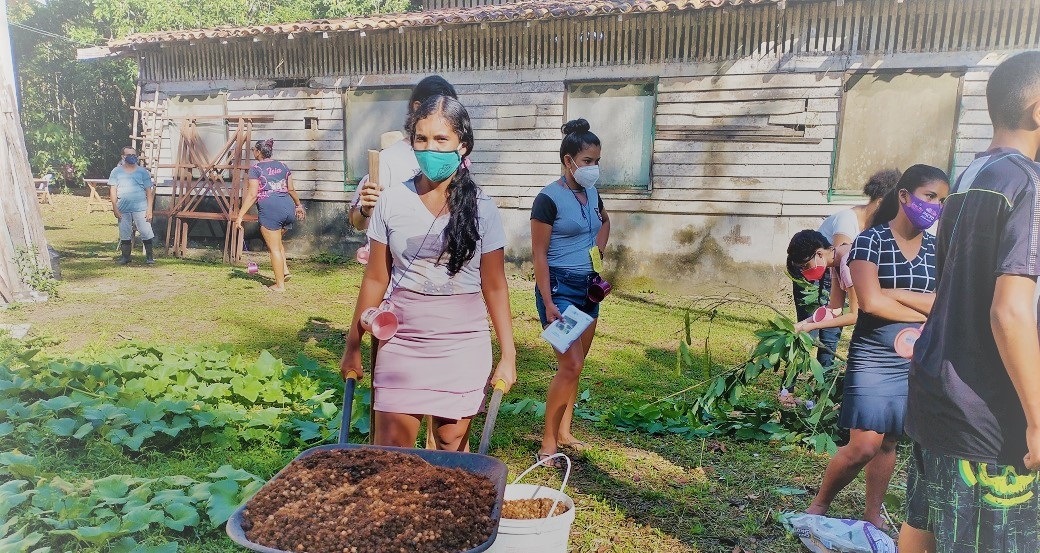Ironically Gender in the Fossil Patriarchy
Press statement by GenderCC–Women for Climate Justice – Doha, December 8th, 2012
The UNFCCC talks again failed to deliver an adequate response on the climate challenge. However, often unnoticed by the public, small steps are being taken to improve the international climate regime. Among others, a decision on gender balance has been adopted in Doha to improve the participation of women.
However welcome this decision, GenderCC must express its deep disappointment at the watering down of the wording, from the initial insistence on gender equality to its present position on gender balance. Gender balance, though important from an equity and human rights perspective, falls far short of the substantial gender equality needed to accomplish fundamental changes in human behaviour. Gender equality moves us beyond the numbers to deal with issues of substantive equality. Substantive equality would require us to begin to rephrase both climate science and climate politics from a gendered perspective, making true empowerment of women an issue, according to Gotelind Alber, co-founder and board member of GenderCC. “The decision on gender balance, though only a very first step, offers opportunities to strengthen the gender agenda in the UNFCCC process”.
Another outcome of the Doha meeting, the final document of the working group on Long-Term Cooperative Action (LCA) has finally been stripped of any mention of human rights and gender aspects which have previously enriched this document. At the various stages of development of this document, Women and Gender organisations had made major, and often successful, efforts to make this the first UNFCCC document that acknowledges the gender dimensions in all relevant fields, including adaptation, mitigation, finance, technology and capacity building. Yvette Abrahams of GenderCC South Africa: “Having acknowledged that climate change is caused by human behaviour, the UNFCCC must
acknowledge that human behaviour is gendered. If we wish to achieve the profound changes required to move human society onto a low carbon development path, we are going to have to deal with the question of gender in a serious and systematic manner.”
GenderCC is also disappointed by the overall outcomes of Doha. Yvette Abrahams of GenderCC South Africa: “How useful gender parity will be in the absence of a highly ambitious legally binding agreement, proper pledges for climate finance which match the anticipated need, as well as real progress on loss and damages, is a question which we need to ask ourselves.”
GenderCC-Women for Climate Justice is the global network of women, gender activists and experts from all world regions working for gender and climate justice.
Contact: Gotelind Alber, g.alber@gendercc.net
+49-151-15240802
www.gendercc.net










